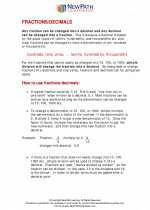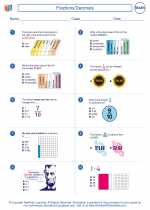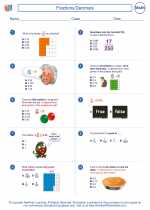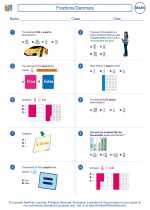Conditional Probability
Conditional probability is the probability of an event happening given that another event has already occurred. It is denoted by P(A|B), which represents the probability of event A occurring given that event B has already occurred.
Calculating Conditional Probability
The formula to calculate conditional probability is:
P(A|B) = P(A and B) / P(B)
Where:
- P(A|B) = conditional probability of A given B
- P(A and B) = probability of both A and B occurring
- P(B) = probability of event B occurring
Example
Suppose we have a deck of playing cards. What is the probability of drawing a king from a deck of cards given that the card drawn is a spade?
Let's calculate this using conditional probability:
P(King|Spade) = P(King and Spade) / P(Spade)
There are 13 spades in a deck of 52 cards, so P(Spade) = 13/52 = 1/4
There are 4 kings in a deck of 52 cards, so P(King and Spade) = 1/52
Therefore, P(King|Spade) = (1/52) / (1/4) = 1/13
Study Guide
Here are some key points to remember about conditional probability:
- Conditional probability is the probability of an event occurring given that another event has already occurred.
- It is calculated using the formula P(A|B) = P(A and B) / P(B).
- When calculating conditional probability, always make sure to consider the probability of the given condition occurring.
- Conditional probability is used in various real-life scenarios, such as medical diagnoses, weather forecasting, and risk assessment.
Practice calculating conditional probability with different examples to strengthen your understanding of the concept.
[Conditional Probability] Related Worksheets and Study Guides:
.◂Math Worksheets and Study Guides Sixth Grade. Fractions/Decimals

 Worksheet/Answer key
Worksheet/Answer key
 Worksheet/Answer key
Worksheet/Answer key
 Worksheet/Answer key
Worksheet/Answer key
